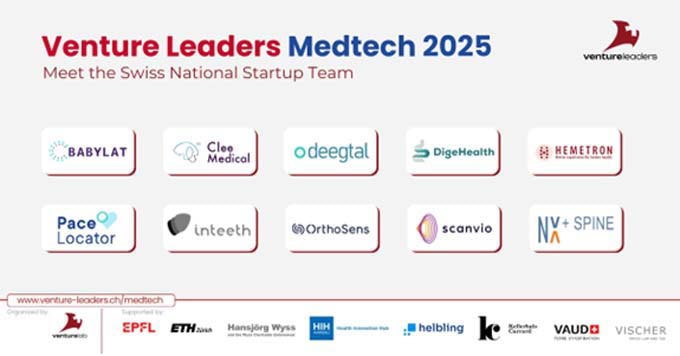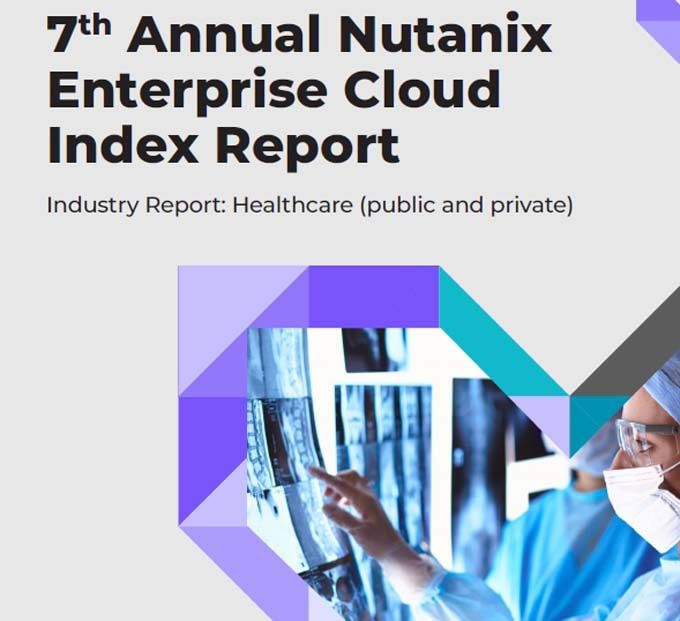Training and qualification management closely networked
Companies have recently shown a much greater commitment to further training, because knowledge is a real success factor in the economy - this view has now become established. Never before have companies and employees spent so much money on expanding company knowledge as they do today.

Companies are investing in the continuing education of their employees: The reasons companies give for their increased commitment are that they expect greater business success, want to be further ahead in the competition for skilled workers, and that further training can improve employees' job satisfaction and motivation.
In quality management, too, the focus is increasingly on the human factor. Standardized processes and systematic document control are important for a functioning quality management, but the decisive resource is the employee: Without qualified personnel, quality cannot be ensured. Here it is worthwhile for companies to precisely determine the competence of their personnel with regard to the activities that must be carried out to meet product requirements, to provide training where gaps exist, and to ensure through various measures that the necessary competence is achieved.
Software-supported management of the actual and target status of qualifications
Innovative software that closely links quality management with knowledge-related company data provides valuable support in this regard. "There is an exciting interface between quality management and human resources management: close cooperation between these two areas makes it easier for companies to keep track of qualifications and necessary or desired training measures, to be prepared for all eventualities and, above all, to use synergies," explains Dr. Iris Bruns from the management of ConSense GmbH in Aachen. The company specializes in innovative software solutions for quality and process management. With the software ConSense IMS|QMS|PMS as well as the supplementing modules qualification management and training management, which contain versatile e-learning possibilities, the planning and execution of advanced trainings as well as the systematic collection, the development and the use of qualifications and competences are substantially simplified for enterprises.
With transparent overview of necessary measures
A special feature of the ConSense GmbH concept is the high degree of networking between qualification and training management. The qualifications of the employees, broken down into actual and target, are fully integrated into the quality management. With the Con-Sense module qualification management the relevant knowledge and abilities existing in the enterprise are seized, ka-tegorisiert and evaluated. They can be classified into different levels or five skill levels - from beginner to expert. The individual skills are systematically managed centrally and can be evaluated according to various criteria. The module offers a history for each employee, which records the progression of the acquired knowledge and skills as well as the indication of development possibilities. An unnoticed expiration of temporary qualifications can be prevented by optional e-mail notifications to the respective employees and their superiors. The evaluation of the target and actual status can lead directly to the initiation of training participation in the case of missing qualifications through a link with the ConSense training management.
"Many companies still record this area laboriously via Excel lists. A centralized, systematic management of knowledge and skills with ConSense qualification management makes this work much easier. It ensures that those responsible can call up the available information at any time and thus always have a complete overview of the existing qualifications. In this way, the Qualification Management module saves time in the maintenance, evaluation and documentation that is stipulated in the standard by the obligation to provide evidence. In addition, it simplifies the determination of requirements for new hires or transfers and enables a quick evaluation, e.g. for a cross-location search for experts," explains Dr. Iris Bruns.
Assign required knowledge to organizational units
In practice, this works as follows: When the company data is created in the system, the required knowledge and skills are already assigned to all organizational units in a close link between quality and personnel management, e.g. whether a professional or master craftsman qualification is required in certain areas. If a certain qualification for a job has to be acquired first, the system can quickly determine whether the corresponding measure is already offered in the company, when it takes place and under which conditions registration can take place by linking it to the training management. "This makes it easier to save resources: Several locations can combine their training courses and, in the event of employee absences, it can be quickly determined whether employees with suitable qualifications can fill in," explains the ConSense managing director.
Since this always involves sensitive personal data, a dedicated role and rights concept was given high priority in the development of the software: The confidential information from human resources is protected by multiple access rights to ensure data protection at all times.
With eLearning to time- and location-independent trainings
Once the need for training has been determined, a company is faced with the organizational challenges. With the Training Management module, all of a company's training measures can be systematically recorded, planned and implemented. The training needs of each individual employee can be determined through the connection with the existing data from the qualification management. In order to reduce the organisational and personnel costs of training, many companies have recently turned to eLearning measures. These have the advantage that they can be carried out at different locations and at different times - i.e. depending on the availability of the training participants. Especially companies with many locations or a large number of field staff appreciate these advantages. "The ConSense training management system has recently made it possible to easily create e-learning units, e.g. consisting of an illustrated tutorial and an online test that queries the knowledge imparted afterwards," explains Dr. Iris Bruns.
The e-learning offers can be individually designed in the system, for example with certain basic requirements such as English skills, or linked to defined target qualifications. The web-based courses can then be completed independently by employees at any time. Online tests can be used to check success. If the employee passes the test, the qualification is awarded automatically and the employee profile is synchronized in the system so that it is always up to date. After a measure has been carried out, companies can also evaluate the quality and effectiveness of the learning units by both the participants and their superiors, in order to obtain valuable information for further improving the training offered. "The better a company succeeds in acquiring an overview of the specialist knowledge and skills of all its employees, and in fully mobilizing and continuously expanding these competencies, the more successful it can be in its competitive environment and pursue a sustainable human resources policy geared to the future," concludes Dr. Iris Bruns.









